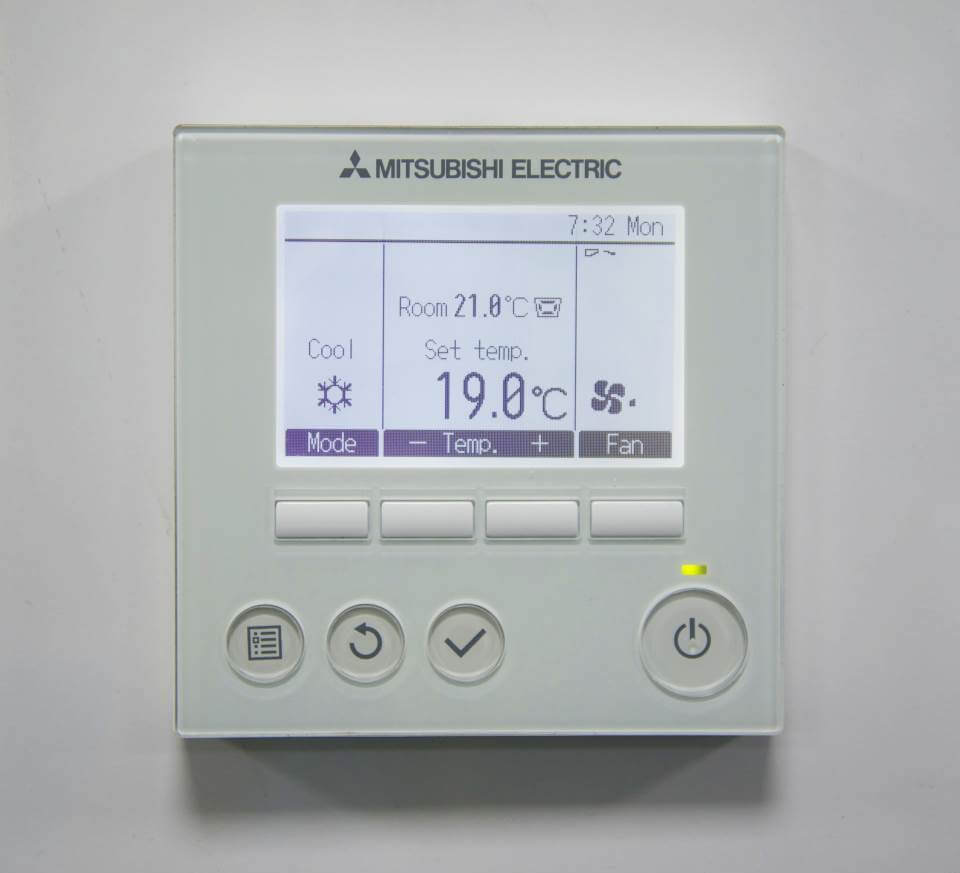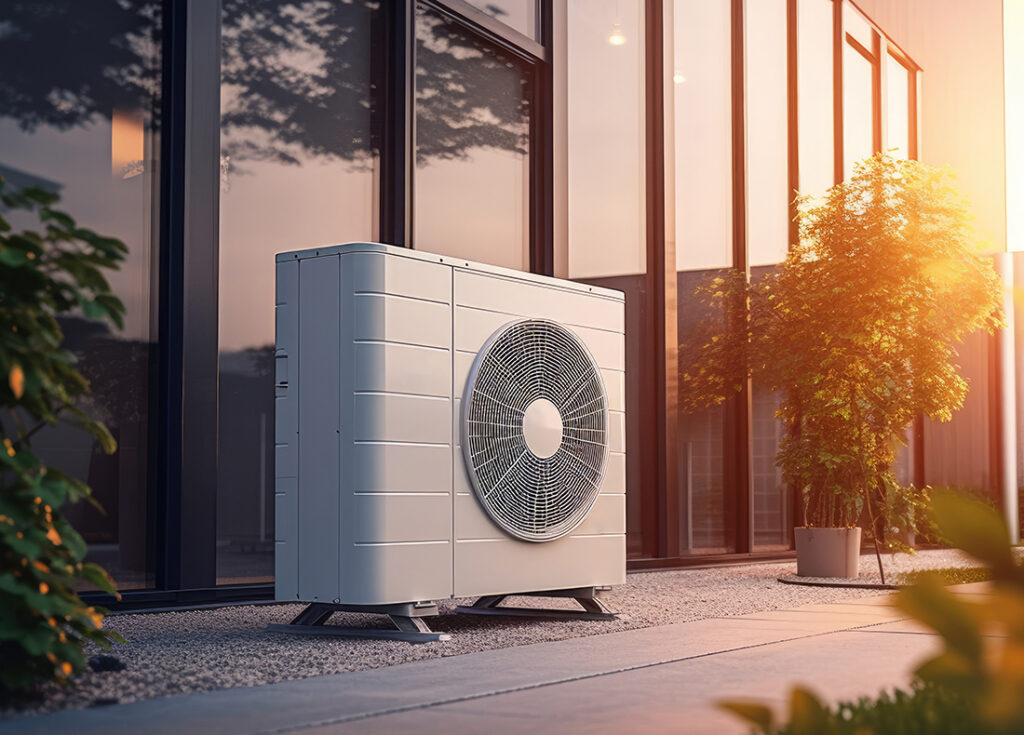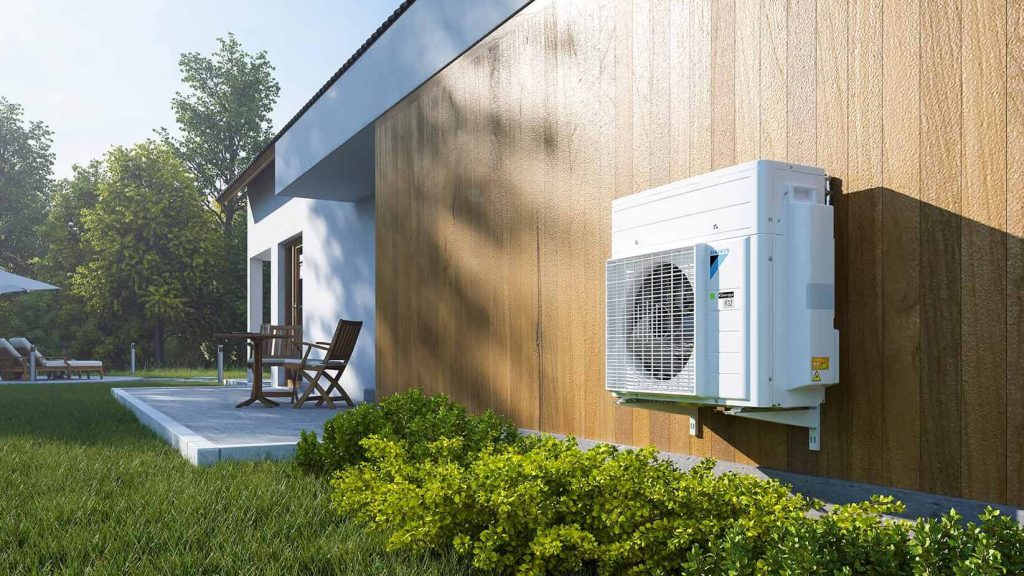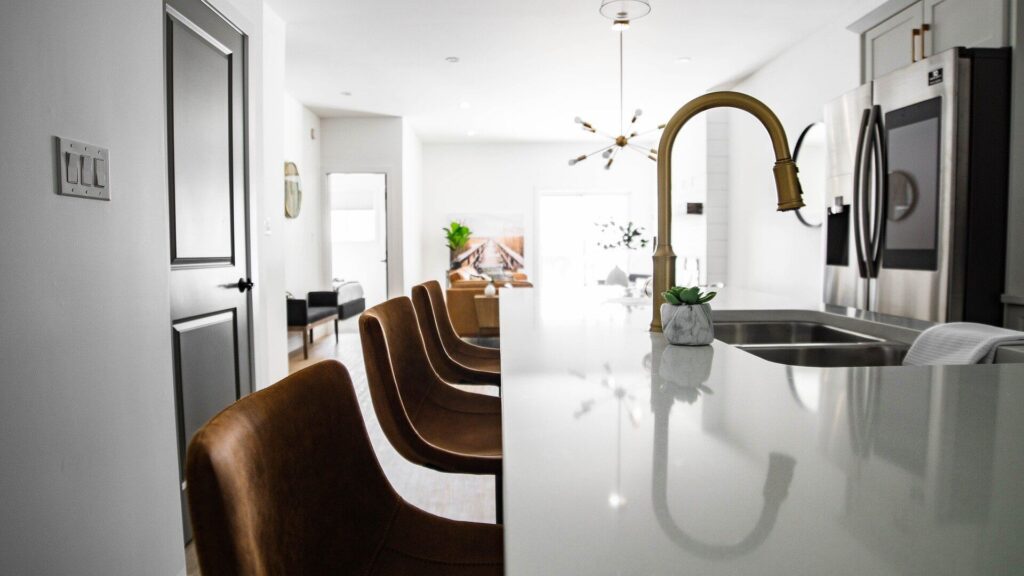Indoor Air Quality Is A Worry For Employees

Estimated reading time 10 minutes
In 2019 The Remark Group in collaboration with environmental psychologist Dr Nigel Oseland carried out the “Air Quality and Wellbeing at Work” survey to look at whether indoor air quality impacts a person’s productivity and or wellbeing.
The survey found that of over 1,000 UK office workers 56% were worried about air quality in the area in which they work and 80% believed that poor indoor air quality could be negatively impacting their mental and physical health. The survey also highlighted widespread sick building syndrome symptoms with 91% of workers stating they were tired or lethargic at work and 41% saying they felt weary every day. Only 11% described their sleep quality as good during the working week. 86% of those surveyed also reported suffering from headaches.
Dr Nigel Oseland commented “Whilst we are producing some great looking modern offices, we need to pay more attention to basic human needs, to the so-called hygiene factors, such as good indoor air quality, temperature control and noise reduction. The various disciplines within the workplace industry need a concerted effort for a marked step change from sick buildings to healthy buildings. Everyone has the right to work in a healthy workplace.”
Penelope Harrall of Remark Group said “Today’s office environments can drain happiness, health and even productivity but ensuring that air quality is regulated can reduce symptoms such as headaches, fatigue and eye irritation, while increasing productivity and general wellbeing.”
In mid-2021, Vaisala, a Finnish company which produces solutions for environmental and industrial measurement surveyed 4,000 workers and found that over 33% of people who responded were concerned about the indoor air quality in their workplace.
Air Quality Continues To Worry Employees
Further surveys carried out in 2022 and 2023 show that indoor air quality continues to be a major concern for employees.
A Honeywell survey in 2022 the “2022 Building Occupant Survey Report”, which surveyed 3,000 office workers, who typically worked in buildings with 500 or more employees, studied workers perceptions and feelings on the health and safety of their workplace found that nearly 75% of workers expressed concern about their building’s indoor air quality.
The survey also found that 89% of respondents found indoor air quality had a direct impact on their health and wellbeing, 98% believed safe indoor air quality was responsible for at least one health benefit including: 62% who said their overall health was better where air quality was better, 60% believed they had fewer allergies and reduced sneezing and coughing, 53% felt their mental health was better and 43% said their productivity and ability to problem solve was improved. 62% said they were ready to leave their job if their company didn’t take steps to improve indoor air quality.
Doug Wright, President, and CEO of Honeywell Building Technologies said “These findings suggest that workers in every region are aware that indoor air quality can affect their well-being and expect employers to take action – both to improve IAQ and keep them better informed. In a competitive labor market, demonstrating an effort to create a healthier work environment can be an advantage in attracting and retaining employees. Every dollar invested in upgrading workplace air quality, monitoring IAQ data and communicating it to employees is a dollar strategically spent.”
Fellowes annual Workplace Wellness 2023 survey found that only 29% of those surveyed said the air quality in their workplace was “very clean”, a decrease from 36% reported in 2022. 91% said they felt clean air was a fundamental right for workers and 89% reported that clean air helped their cognition and productivity. Of those that had responded that their workplace air quality was poor, 35% identified stagnant air or inadequate ventilation as a problem, 33% found humidity levels an issue, 25% detected mould, dust, and airborne particles and 25% said unpleasant odours were noticeable. The Fellowes survey also noted that 31% of respondents said they would consider leaving their job because of poor indoor air quality at their current workplace.
Arti Lyde, Global General Manager, Air Quality Management at Fellowes explains “Workers today are more knowledgeable of the risks associated with poor air quality and are looking to their employers to make the necessary improvements to keep them safe and productive at work. With employees aware of the effect air quality has on their productivity and their health—even going so far as to consider leaving their job because of it—businesses should invest in air quality improvements as a way to invest in their workforce.”
A survey of 2,000 professionals conducted by Opinium found 64% of workers in Britain were concerned about the impact of air quality on their health. Of the 64%, 20% were very concerned, rising to 38% in London. Over half of those who responded said they had heard of Sick Building Syndrome (SBS) and 42% believed they had or might have suffered from SBS as a consequence of poor indoor air quality. 60% believed poorly maintained air conditioning systems were to blame and 46% believed the release of toxic chemicals from poorly maintained air conditioning was the issue. 33% of respondents said they would leave their workplace if their employers didn’t take steps to put clean air systems in the office.
Poor Air Quality Is A Risk To Public Health
In a report “Impacts of Air Pollution Across The Life Course” Imperial College London’s Environmental Research Group found, examined over 35,000 research papers on the impact of air pollution on health, and concluded exposure to specific airborne particles is causing a direct impact on our health with “the most important new finding [being] evidence related to both the impact of air pollution on brain health, including mental health and dementia, and early life impacts that could lead to future health burdens within the population.”
Public Health England’s guidance “Air pollution: applying All Our Health” states that “air pollution is the largest environmental risk to public health”. They estimate that the annual mortality rate of human-made air pollution is around 28,000 and 36,000 deaths each year.
In another Public Health England report “Estimation of costs to the NHS and social care due to the health impacts of air pollution: summary report” a modelling study to quantify the potential costs to the NHS and social care system due to the health impacts of fine particulate matter was carried out by the UK Health Forum and Imperial College London and predicted a cost to the NHS and social care system of £1.6 billion between 2017 and 2025.
A report commissioned by the Clean Air Fund and carried out by the Confederation of British Industry (CBI) “Breathing life into the UK economy: Quantifying the economic benefits of cleaner air” estimates that the UK economy could increase by £1.6 billion each year if World Health Organisation (WHO) air quality guidelines were met, with London estimated to account for close to a third of the potential overall benefit to the UK economy. The report also states that improving air quality could prevent around 17,000 premature deaths each year, gain almost 40,000 productive years and add an additional three million working days.
The Need For Cleaner Indoor Air
England’s Chief Medical Officer, Chris Witty published his annual report in December 2022. The report’s main focus was on air pollution. The report states that “Indoor air pollution is important because over 80% of a typical adult day is spent indoors… As outdoor air pollution decreases in many environments, indoor air pollution will become the more important opportunity to improve health. Reducing emissions of health harming pollutants is clearly the best option.”
It goes onto say “The role of ventilation is central to reducing unavoidable indoor air pollution, and this is an important difference from addressing outdoor air pollution. A critical engineering challenge is getting the best solution for maximising ventilation, while keeping buildings warm in winter and cool in summer, and minimising energy and therefore carbon use.”
Heating, Ventilation, Air Conditioning and Air Purification
Clearly indoor pollution continues to be a major concern and employees are still worried about the air quality within their workplace. Heating, ventilation and air conditioning systems not only control the indoor temperature and dehumidify the air they can also provide a solution to help “clean the air” and improve indoor air quality, through the use of air purifying filters like High Efficiency Particulate Air (HEPA) filters which will filter out contaminants like dust, dirt, pollen and smaller allergens.
Additional technology can also be deployed to destroy bacteria, viruses and mould to kill up to 99% of bacteria and viruses.
Air Conditioning And Purification System
The right air conditioning and purification system will depend on your business space, whether you have an existing HVAC system or are looking to install a new HVAC system. It will also depend on the air handling capacity of your system and the size of your workspace/building.
If you already have an air conditioning system an Ultraviolet Germicidal Irradiation (UVGI) air purifier can be retrofitted within your ventilation ducts or air conditioning unit. UVGI air purifiers can be added to an existing HVAC system discretely and without compromising the aesthetic of your work premises. If you don’t already have an HVAC system a dual UVGI and Electrostatic Precipitators (ESP) can be fitted.
An advantage of these systems is that with these units do not require replacement filters, instead the metal components can simply be cleaned by a professional M&E engineer. This can be done alongside the replacement of the air purifier UV-C lamps.
Larger workplaces like hospitals shopping centres, hotels and leisure facilities can be fitted with a monitoring system to provide an alarm or a Building Management System (BMS) to identify where the fault lies within the air purification system.
Planned Preventative Maintenance (PPM)
In order for your HVAC and air purification system to continue to perform and work efficiently and effectively it must be properly maintained and regularly cleaned. Synecore offer comprehensive air conditioning maintenance and servicing programmes including Planned Preventative Maintenance (PPM) to suit your business and the size of your premises.
As part of the air conditioning service you will receive scheduled visits throughout the year, as frequently or as little as required to keep your system running efficiently and to ensure F-GAS compliance. You’ll also benefit from our priority emergency call out service should your air conditioning breakdown and need repair between scheduled visits. Our engineers will carry out any necessary repairs or replacements to ensure that disruption to your business is kept to an absolute minimum.
By having a PPM package in place you can be sure that if your air conditioning or air purifier breaks down your equipment will be back up and running as quickly as possible. In fact our PPM package is more likely to detect a fault before it becomes an issue preventing any downtime at all.
Synecore
Syncore is an expert in air conditioning, heating and ventilation design and installation and can install commercial air conditioning and heating, ventilation and air conditioning (HVAC) in Kent, London, Surrey, Sussex, Essex. We are at the forefront of technological changes in the HVAC industry. We provide the installation of high-quality products from leading manufacturers.
Our customers benefit from our 7 year warranty when they sign up to our air conditioning maintenance plan that offers complete peace of mind.
If you are looking to install a new air conditioning installation or need to replace an old system, contact our team or call on 01795 509 509. We’ll talk you through your options and provide you with expert advice on the right office air conditioning system for you.



